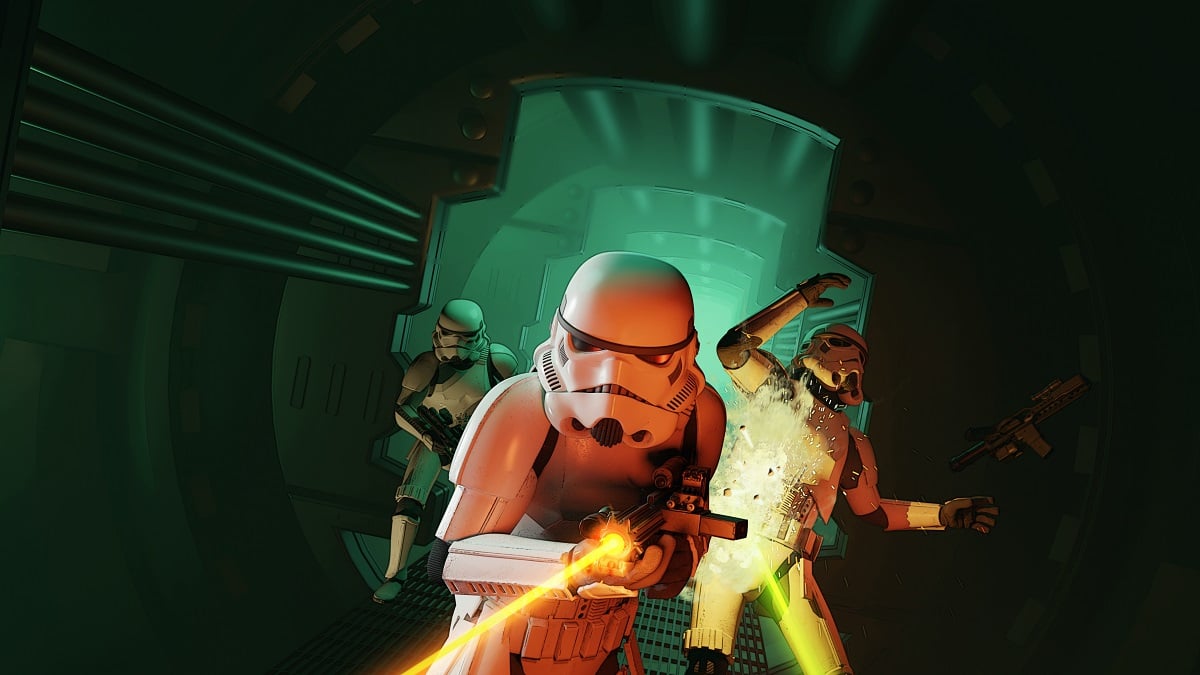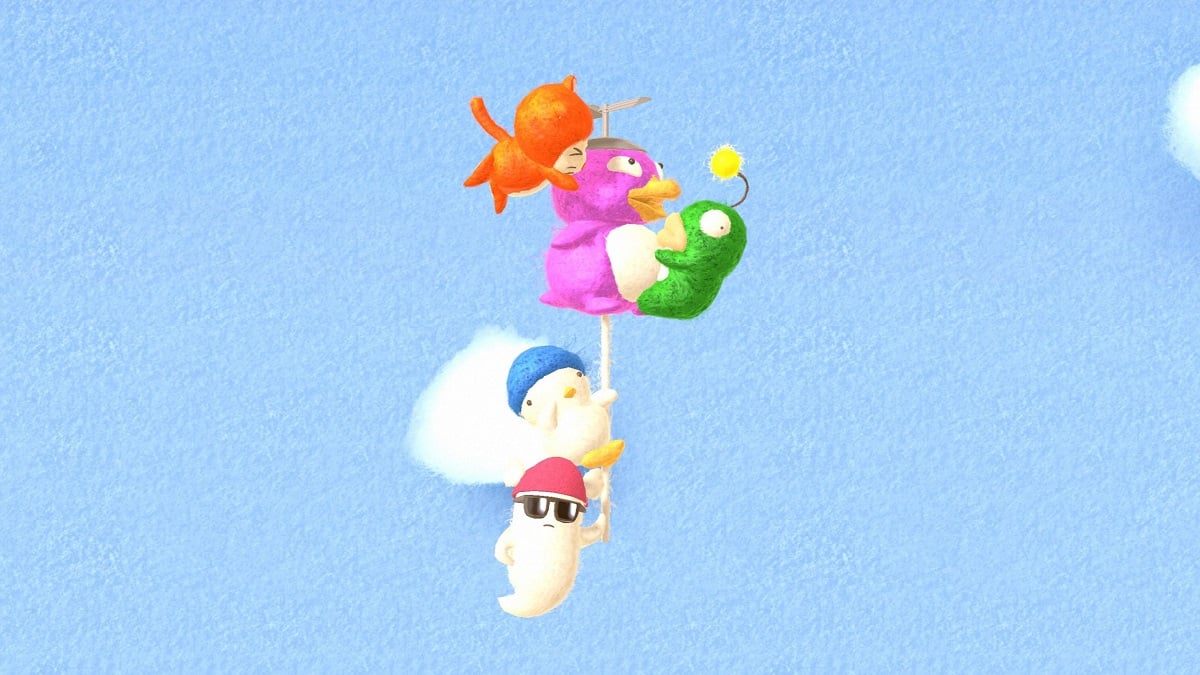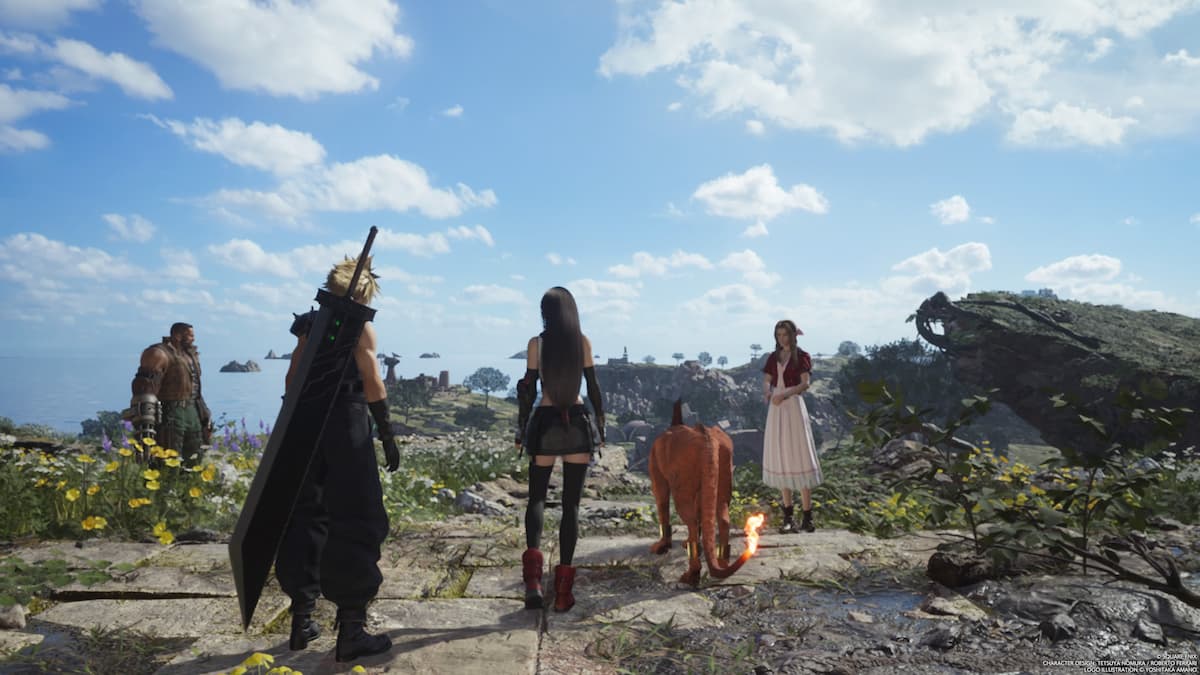In the early 2000s, Sega released two of the definitive games of the Nintendo GameCube era with Super Monkey Ball and Super Monkey Ball 2. The games were critical and commercial successes, but subsequent entries have been a mixed bag. In honor of the franchise’s 20th anniversary, Sega has gone back to the beginning with Super Monkey Ball Banana Mania. The game takes the best content from the earliest games in the series while also including some new content as well. The result just might be the very best Super Monkey Ball game ever.
For those unfamiliar with the series, Super Monkey Ball consists of two main attractions: single-player stages and Party Games. Single-player stages task players with tilting the stage to guide their monkey to the goal. Along the way, players can pick up bananas. In previous games, bananas were a way of accumulating extra lives, but Banana Mania has mostly abandoned Game Over screens, so the fruit is now used to purchase new characters, abilities, modes, and outfits, instead. Guest characters even feature their own replacements for bananas, such as rings for Sonic and Tails, spray paint cans for Beat, and more. Everything in the store is fairly affordable, but there’s a ton to unlock, giving players an incentive to seek out every banana they can find.
While Sega has toned down the difficulty in certain areas, newcomers should be aware that Banana Mania‘s single-player campaign is still very hard. The first few worlds start off easy enough, but the game gets progressively tougher, requiring awesome reflexes, a bit of cleverness, and a lot of luck. I spent countless hours with the first two Super Monkey Ball games on GameCube, but I forgot how challenging the single-player campaign can be from Super Monkey Ball 2. Thankfully, there are several new quality-of-life options that can help players if they truly get stuck, including a helper function. Banana Mania also offers the jump mechanic from Super Monkey Ball: Banana Blitz as an option that can be purchased from the game’s store. I wasn’t a fan of the jump mechanic in that game, but in Banana Mania, I enjoyed it more since stages weren’t leaning on its use. However, that also means that certain stages can be beaten really easily, as they clearly weren’t designed with jumps in mind. Some purists might want to avoid it or keep the option turned off.
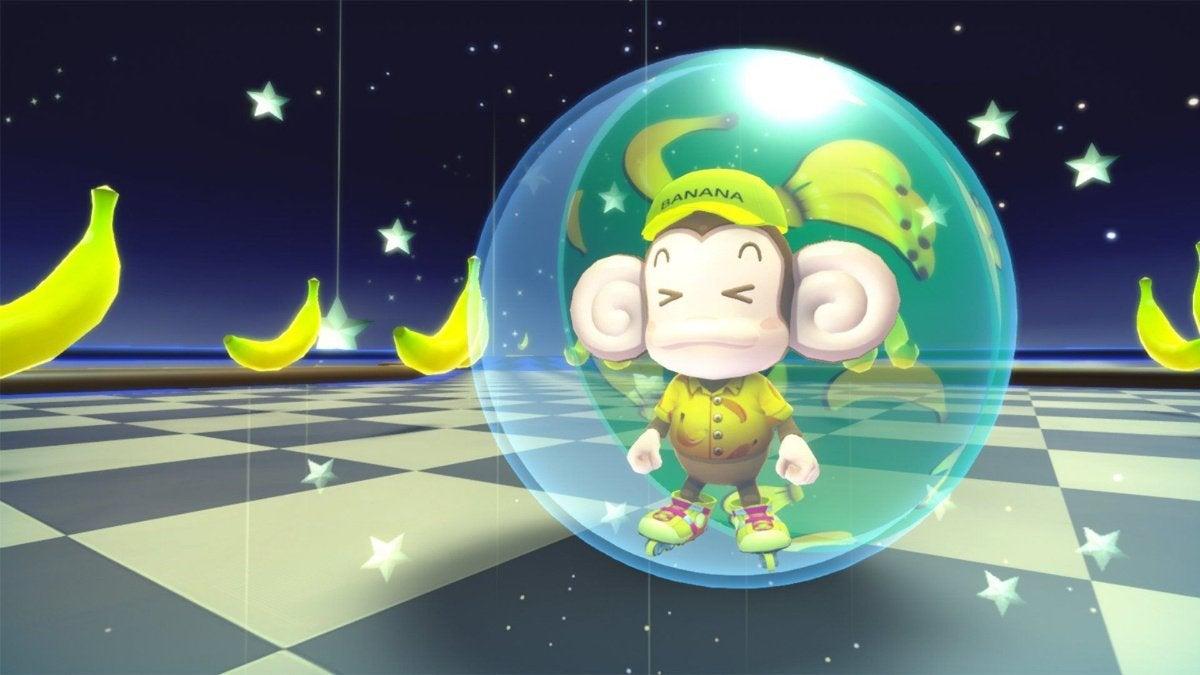
There’s a ton of meat to the single-player experience in Banana Mania, both in the main campaign and in the various modes that can be unlocked in the shop. The extra modes that can be purchased also give players more to do, whether it’s an extra challenge, like in Dark Banana mode, or something slightly easier, like Deluxe mode. Banana Mania doesn’t offer much in the way of online features, but players can upload their high scores and see where they rank against the world or with their friends.
The highlight for many players will likely be Banana Mania‘s Party Games. These have been replicated pretty faithfully from Super Monkey Ball 2, which is both a good thing and a bad thing. The games are mostly great, and I highly recommend them with a group of people, but there are a couple of things I wish had been updated. For example, Monkey Golf is easily one of the best Party Games, but there’s no way to set a limit on the number of strokes per hole. During one session, my family and I found ourselves really stuck on the last hole, and the number of strokes became ridiculous; there’s simply no reason there shouldn’t be a way to set a limit over par. Hopefully, Sega adds that option in a future update. On a personal level, I also wish Monkey Target had included an option for players to take turns, as opposed to all players going at the same time. That’s how the original Super Monkey Ball did it, and it gave players more screen to view, making for a more enjoyable experience.
Sadly, the game’s much-touted guest characters are not playable in Party Games, which is a bit of a bummer. Since Party Games will likely get the most play from gamers, it’s a bit puzzling that Sega chose to only allow guests in the single-player modes. My best guess is that characters like Sonic and Tails couldn’t be used in party games because of their alternate pick-up items. That’s kind of understandable, but it might make some players think twice about spending actual money on future DLC characters.
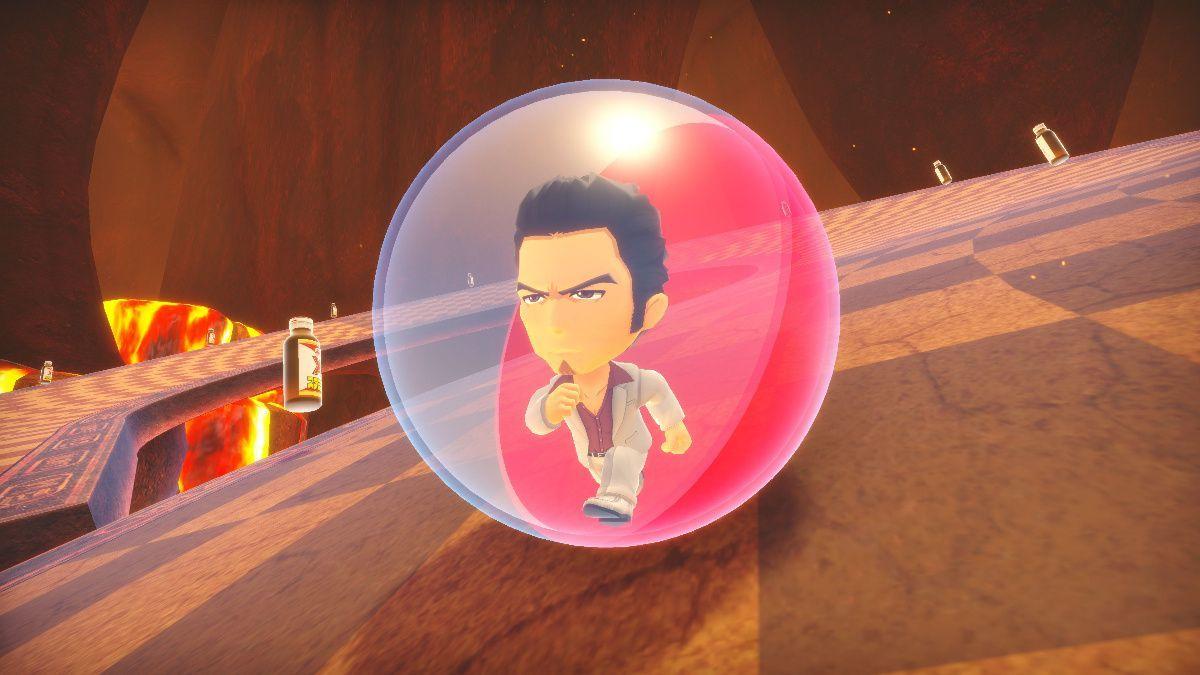
While the games represented in Banana Mania are 20 years old, Sega has done a nice job updating the visuals and audio. The game also runs smoothly. I did encounter the occasional slowdown, but it was pretty rare. The game also crashed once during play, but levels save automatically after completion, and nothing was lost.
As a fan of Super Monkey Ball since 2001, I found myself really happy with Super Monkey Ball Banana Mania. The package captures the fun and challenge of the first two games, while also including new content that makes it feel fresh. Banana Mania also offers a ton of content for its price point, and players are guaranteed to find something to love. Sometimes the difficulty level can get frustrating, and the Party Games could use some new options, but the game offers so much good, it’s hard to complain. Whether you’re a newcomer to the series or a fan from the beginning like me, I can’t recommend this one enough.
Rating: 4.5 out of 5
Super Monkey Ball Banana Mania is set to release October 5th on PlayStation 5, PlayStation 4, Nintendo Switch, Xbox Series X|S, Xbox One, and PC. The game was provided by the publisher for the purpose of this review, and it was reviewed on a base model Nintendo Switch.
